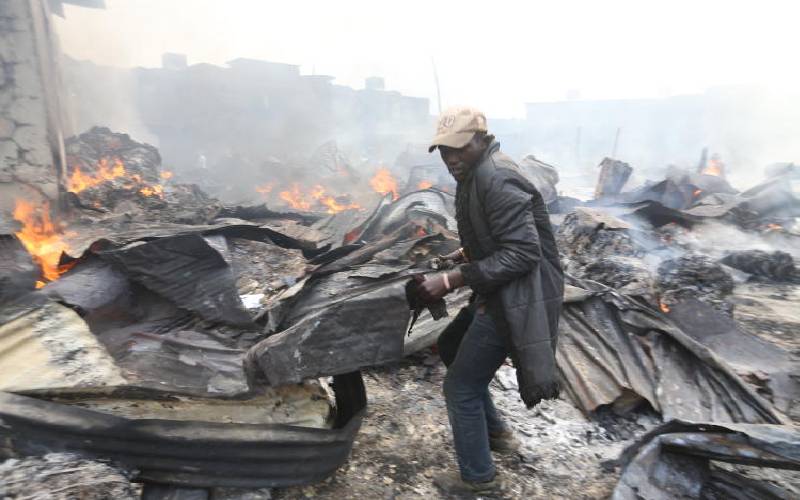×
The Standard e-Paper
Fearless, Trusted News

If you want to feel the pulse of Gikomba market, place your palm on the chest of the many small businesses that sprawl the high-density area of downtown Nairobi. Their powerful throb pounds downtown Nairobi creating a lifeline for the thousands of small-scale traders who troop to the city every day.